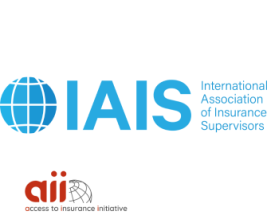A2ii Insights: The impact of Covid-19 on the uninsured and vulnerable and implications for supervisors
The impact of Covid-19 on the uninsured and vulnerable and implications for supervisors
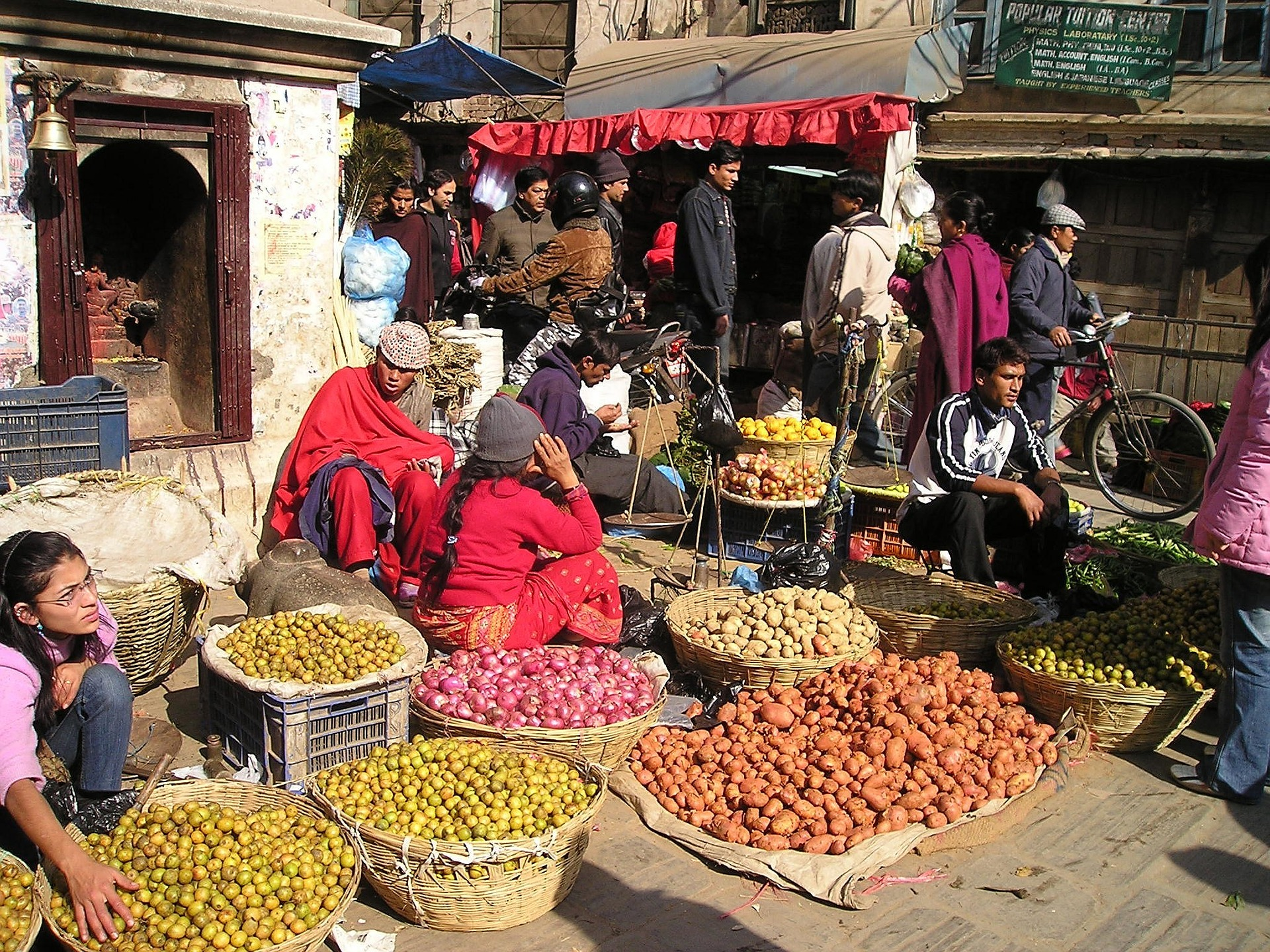
To flatten the curve of Covid-19 and save lives, countries have widely accepted social distancing, setting off the slowdown of economic activity worldwide. Where remote work is not an option, reduced contact measures mean reduced earnings. For populations of low-and-middle-income countries, the cost of social distancing is proving higher than for those in developed countries.
To kick-off the month of April, the A2ii and the IAIS launched an exceptional series of webinars on the Covid-19 pandemic and implications for insurance supervisors. On the first call of this series, with over a hundred supervisors from 35 different countries, we discussed implications of the pandemics and its mitigating measures for vulnerable segments of the population who are disproportionately more likely to be uninsured or underinsured, and the respective supervisory considerations.
Covid-19 is exacerbating the vicious cycle of poverty
The reality in low-and-middle-income countries is grim. While insurance offers a degree of protection, more often than not, the low-income segments do not have access to insurance or have minimal risk management strategies often coupled with informal employment and irregular cash flows. Safety nets and budget flexibility are not available to support them to confront economic shocks. One of the main coping mechanisms is drawing from saving reserves, as revealed by a study conducted by Gallup: 51% in Chile, 47% in Kenya and 61% in Vietnam said that their resources would last less than one month.
Similarly, a cross-country survey conducted by BFA Global found that Covid-19 is negatively impacting the financial well-being of vulnerable populations in Kenya, Nigeria, South Africa, Mexico, India, UK, and US. Respondents, particularly in the former emerging and developing economies, reported a significant impact on their income and expenses. Indeed, what the pandemic is revealing, is how the most vulnerable are disproportionately affected.
Supervisory implications
Recognising the increased vulnerability of the uninsured and underinsured alike, supervisors have a critical role to play to bridge the protection gap.
This is a moment that should lead to structural changes to better manage covariant risks through innovative, integrated and layered approaches.
It is now important to build trust and create awareness about the importance of adopting comprehensive risk management approaches. Supervisory responses to Covid-19 have been rapid, varied and contrasting including:
- Frequently mapping the impact of Covid-19 in the sector and ensuring that emergency measures do not hinder the stability of the market
- Enabling tools that ensure business continuity for insurers
- Constantly map risks that worsen during this crisis and address them in a proportionate way
- Foster digitisation and enable responsible innovation to reduce the insurance protection gap but at the same time ensure consumer protection
- Emphasising the need to treat customers fairly
This has just been a snapshot of what came up in the first webinar of the A2ii-IAIS series on Covid-19 and implications for insurance supervisors. For more information on emerging market’s response to Covid-19, visit Pascale Lamb’s report here and for a broader overview of consumer protection implications, see Andrea Camargo’s blog here.
Share this article
Also in Blog

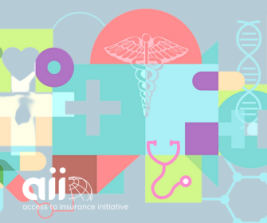

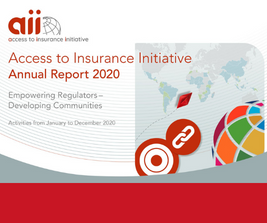


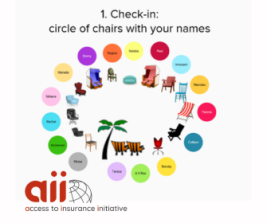

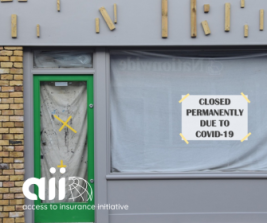


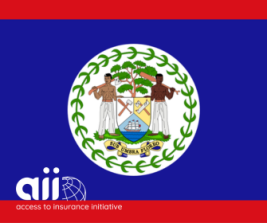

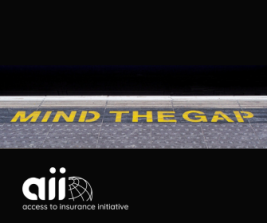
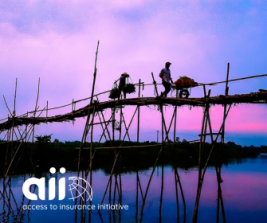

Authors
Posts by Author
Topics Cloud
Subscribe to our list
Receive notifications when we publish new blog entries
Subscribe here
